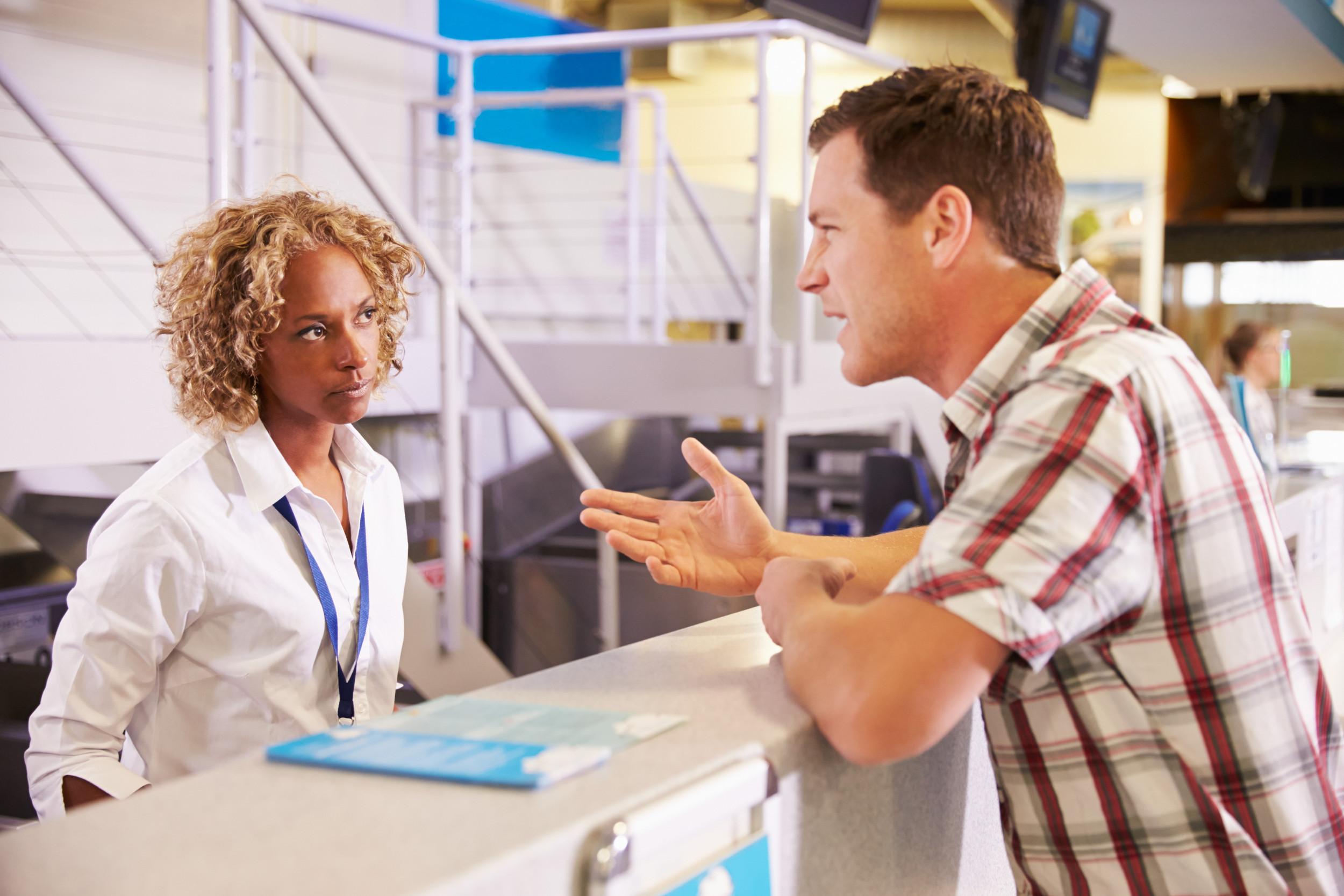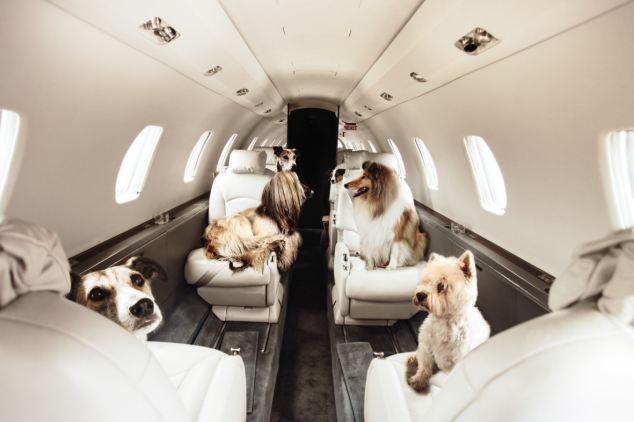In the ever-evolving landscape of air travel, where comfort and class distinctions blur like clouds at 30,000 feet, a peculiar tale of canine privilege has emerged to ruffle passenger feathers. When a Delta Airlines first-class ticket holder found themselves unceremoniously displaced by a four-legged traveler, the incident became more than just a seating shuffle—it transformed into a symbolic battleground of human versus hound, entitlement versus airline policy. This unexpected narrative reveals the complex choreography of modern air travel, where sometimes, the most unexpected passengers wear fur and walk on four legs. In a bizarre turn of events at 35,000 feet, a first-class passenger found themselves in an unexpected predicament when asked to vacate their premium seat for a four-legged traveler. The incident has sparked widespread debate about airline policies and passenger rights.
The traveler, who remained anonymous, was settling into their first-class accommodation on a Delta flight when crew members approached with an unusual request. A service dog needed the spacious seat, effectively displacing the human passenger who had paid a premium for extra comfort.
According to eyewitness accounts, the passenger was visibly frustrated but ultimately powerless to challenge the airline’s decision. Delta’s policy regarding service animals allows them significant latitude in accommodating these specially trained companions, even if it means reshuffling passenger seating arrangements.
The uncomfortable scenario highlights the complex intersection of passenger preferences and service animal accommodations. While service dogs play crucial roles in supporting individuals with disabilities, the sudden seat reassignment raised questions about fair treatment and compensation.
Airline representatives reportedly explained that service animals have specific legal protections under the Air Carrier Access Act, which mandates special considerations for these trained companions. The dog in question appeared to be a legitimate service animal, not a simple pet traveling with its owner.
Social media platforms quickly became a battleground for discussions about the incident. Some users sympathized with the displaced passenger, arguing that first-class tickets should guarantee a predictable travel experience. Others defended the service animal’s rights, emphasizing the importance of accessibility for individuals with disabilities.
Delta’s internal protocols seem to prioritize service animal welfare, a stance that can sometimes create tension with other passengers’ expectations. The airline has historically maintained a progressive approach to accommodating service animals, even when it requires unconventional solutions.
Legal experts suggest that while the situation might seem unfair, airlines have broad discretion in managing seating arrangements, especially concerning service animals. The passenger’s options were limited, essentially leaving them with no recourse but to accept the crew’s decision.
The incident serves as a stark reminder of the evolving landscape of air travel, where traditional expectations can be quickly upended by specialized accommodations. It also underscores the ongoing dialog about balancing individual passenger comfort with inclusive transportation policies.
As air travel continues to adapt to changing societal needs, such unexpected scenarios are likely to become more frequent, challenging passengers and airlines to find nuanced, compassionate solutions that respect everyone’s rights and requirements.
